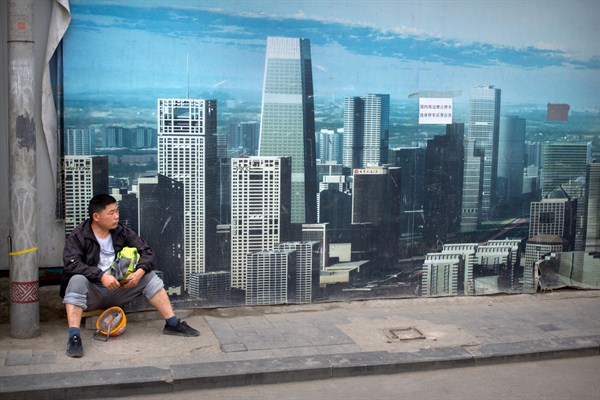When the trade war between China and the United States began last year, a number of countries expected to emerge as winners. After all, if Beijing and Washington imposed tariffs on each other’s goods, it would open new markets for bystander countries not directly involved in the fray.
Now, however, the escalating trade war is making everyone more anxious, even in countries that thought they stood to benefit. The fact is, a trade war of this magnitude inevitably reverberates across much of the world. Even worse, its impact has the potential to reach beyond economics. History, including recent Latin American history, has shown that events that affect the global economy have the power to transform political realities, and even topple governments.
With President Donald Trump ramping up his trade war, declaring that 25 percent tariffs will apply to hundreds of billions of dollars’ worth of Chinese products entering the United States, and triggering retaliatory measures from Beijing, theories about trade wars will be put to the test. When Trump’s first warnings about tariffs started turning into reality last year, there was initially a sense of nervous excitement, particularly among commodity exporters. If China stopped buying from the U.S., Beijing and Washington would turn to other exporters to meet their needs.

